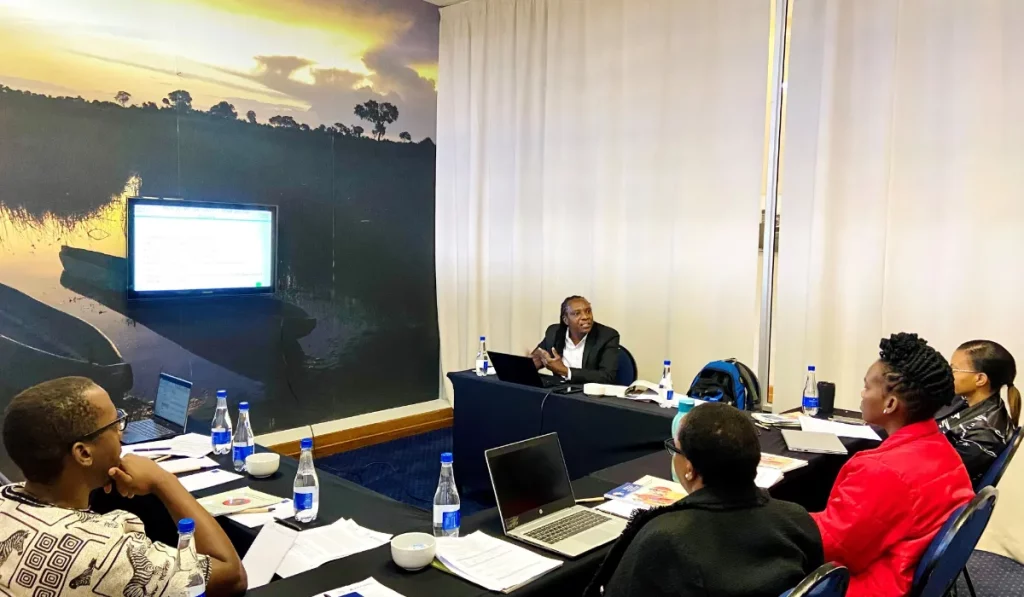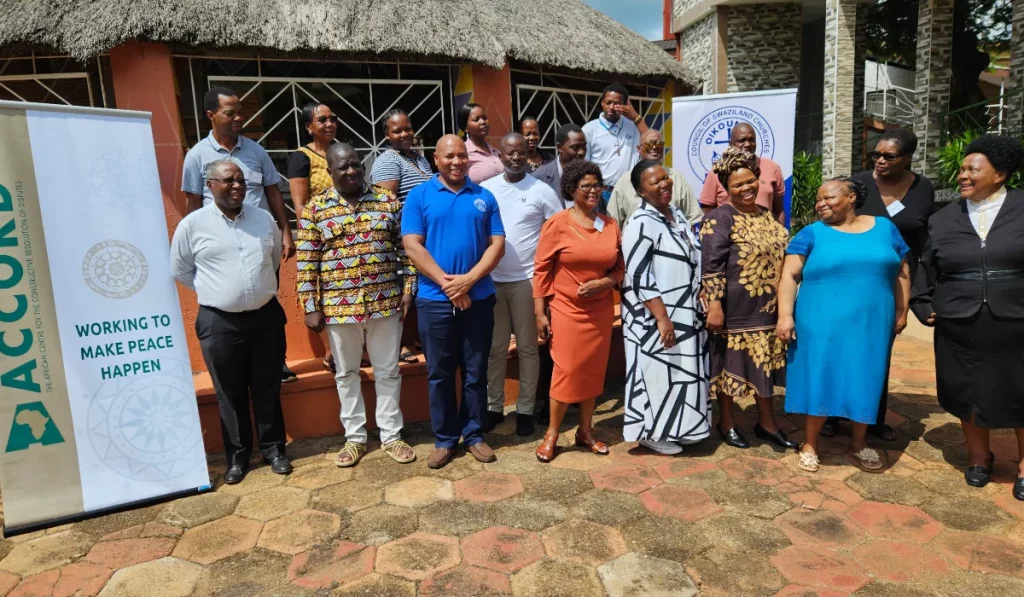South Africa (SA) is experiencing a change in its political and governance landscape. This has been evidenced by the exponential increase in the number of hung Municipal Councils (MCs). There were 27 MCs without an outright majority political party in the 2016 Local Government Elections (LGEs). The 2021 LGEs saw a rise to 82 hung MCs. Furthermore, the ruling party, the African National Congress (ANC), declined to below 50% of total votes for the first time in 2021. This has resulted in the need for power sharing in many MCs where political parties are contending with coalition governments at a larger scale than ever before. Unfortunately, 32 of the 82 coalitions have been dysfunctional. This has caused instability and has negatively affected service delivery to constituencies.
To address issues around coalition governments, Deputy President Paul Mashatile, with the Minister of Cooperative Governance & Traditional Affairs, convened the National Dialogue on Coalition Governments on 4 – 5 August 2023, at the University of the Western Cape in Cape Town. The main aim was to agree on a set of principles on how coalition governments should function and help in building a strong and stable democracy. The delegates, which included political parties, civil society organisations, academics, businesspersons, relevant government officials, continental and international representatives, provided contributions towards stable coalitions.
Representatives from each of the political parties presented their contributions and key recommendations for functional coalition governments. There was broad consensus on the various issues including the need to regulate coalitions; limiting motions of no confidence; and limiting political influence in administration. The parties disagreed on whether there should be electoral thresholds with regards to obtaining positions in the MCs. Smaller parties argued that this would breed exclusivity and limit constitutional principles of proportional representation and diversity.
Diplomatic representatives from Kenya, Germany, Netherlands and Denmark shared experiences on coalitions from their respective countries. Legal regulation was key in Kenya’s coalition governments. The German case study emphasised implementing ‘constructive votes of no confidence’ where a successor is selected simultaneously to the motion. The Dutch experience depicted that coalition negotiations need not be too long nor too short to allow adequate deliberations. In Denmark, a 2% electoral threshold limits the number of political parties in coalitions. The consensus on the discussions articulated the need for coalition agreements to be publicised, and managed by an independent body.
Day two of the dialogue also included four breakaway sessions, designed to collect inputs towards improving the functioning of coalition governments. The delegates participated in discussions on, the professionalisation of the public service for improved service delivery; transforming the system of supporting municipalities in coalition governments; identifying elements of the culture that is necessary and the political social compact for coalition governments; and the last session focussed on the proposed regulation of coalition governments in the immediate, medium and long term.
The dialogue and information gained assisted in enhancing ACCORD’s existing research and understanding of coalition governments and the political climate in the context of the upcoming 2024 SA elections. ACCORD continues to contribute to evidence based analysis, policy support and knowledge to respond to complex conflicts.








